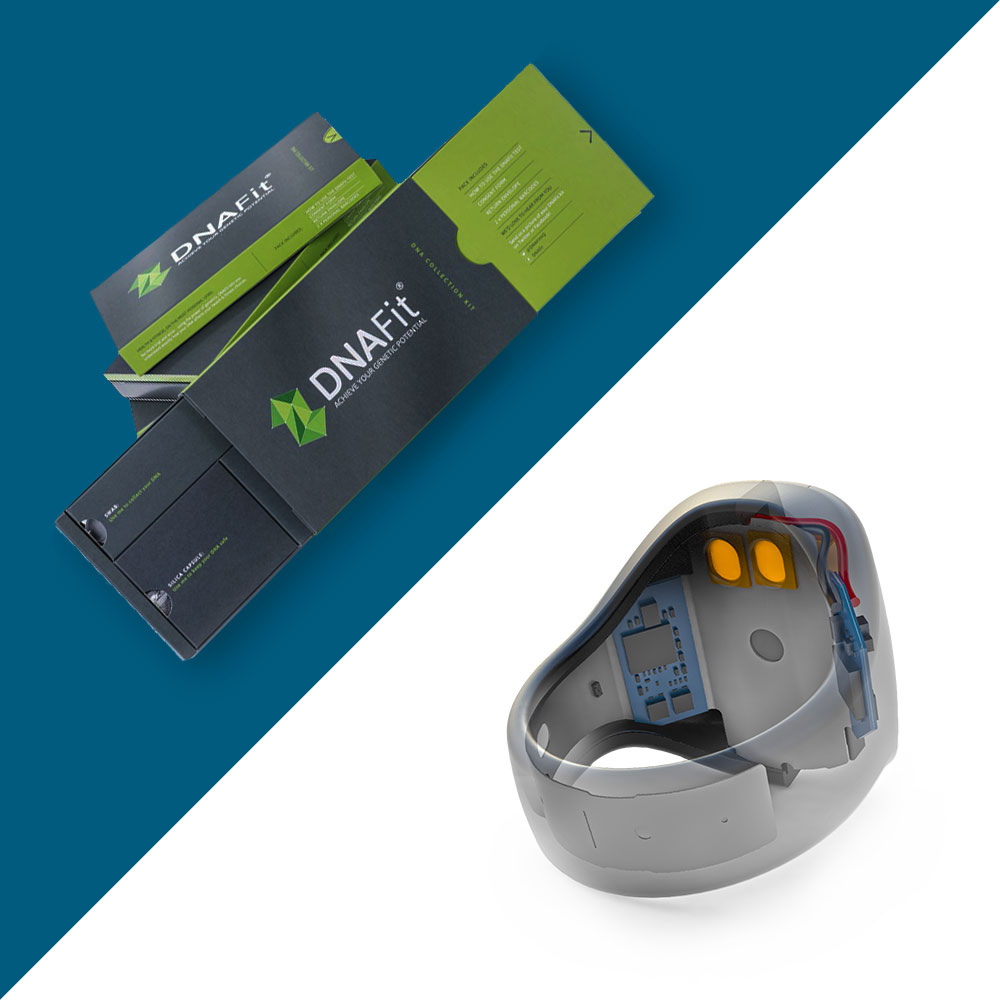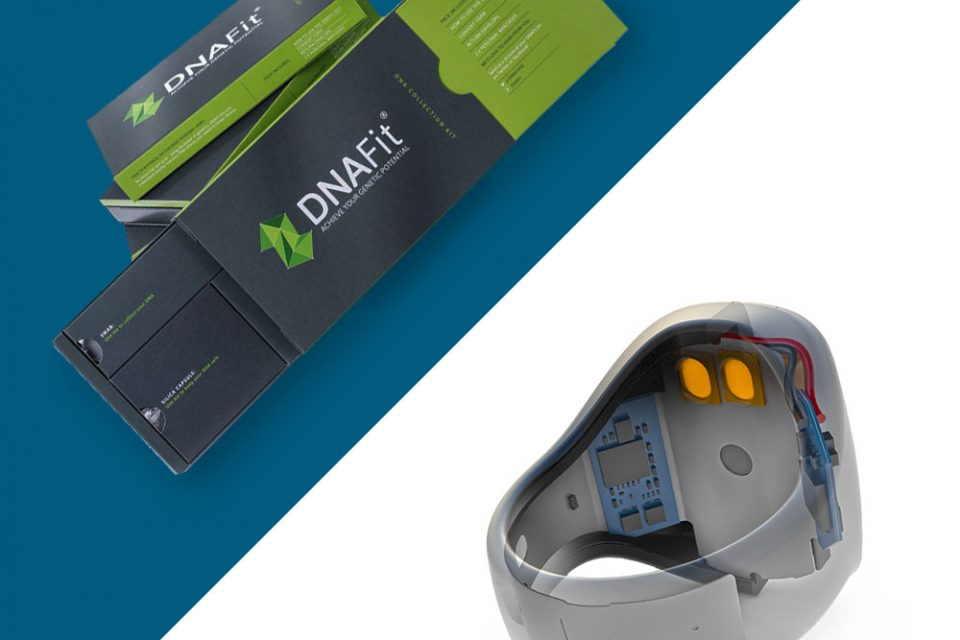
In last week’s blog, I wrote about how working with your DNA can lead to long-term weight loss. Whilst highly effective, DNA testing is just one component of what I call personalisation. Personalisation is the use of science, technology and self-monitoring to understand how you can improve your health, fitness and nutrition in a way that relates to you specifically and not the general population. Examples of personalisation are DNA testing, blood testing, other forms of testing for food intolerance and allergies, using wearable tech to measure your readiness for exercise and even body scanning to measure muscular growth or fat loss.
Personalisation is on the rise because people are getting frustrated with the one-size-fits-all approach to health, fitness and nutrition. There’s so much noise out there about the faddy diets, the latest exercise techniques and new ways to burn fat fast that people are confused and bewildered about what to try. Everything promises quick results, and that’s a problem because if you want lasting results, you need patience. Anyone can do anything for a short period of time; it’s making the sustainable lifestyle changes needed to adjust your diet and normalise regular exercise that’s much harder to do.
The one precious commodity that is the great leveller of us all is time. We all have the same amount, and what separates us is how well we use it. Most of us lead very busy lives, and have limited opportunities for exercise, so there’s an understandable anxiety about making the most of the time. Personalisation helps you optimise your exercise sessions because you’ll understand the right type of exercise for your body, and how well your recover. Armed with this information, you can plan a session that’s perfectly suited to your genotype; for example, if you’re 70% power v 30% endurance, and you only have 30 minutes every other day to exercise, make sure you prioritise power-based exercises like medicine ball slams, short sprint intervals or heavy lifting for short reps.
A very valuable form of personalisation is blood testing. Blood testing has become very cost-effective to do, and most tests can be done at home using a simple and non-invasive finger-prick test. Typically, these tests will report on key markers like vitamin D3, cholesterol, liver performance, iron, thyroid and other vitamin and mineral levels as well. The blood tests allow you to develop a baseline and you should ideally retest every three months or so to monitor your health. Blood testing monitors the variables, and DNA testing provides you with your optimal blueprint for good health.
Wearable tech enables you to measure data such as sleep, readiness for exercise, resting heart rate (RHR), body temperature, exercise intensity, and other variables. The body is very good at sending signals about how it’s feeling and what it needs, but we’ve become very adept at ignoring them. Wearable tech can amplify the signals, and present the data in a way that is hard to ignore and easy to interpret. You can use this data to self-quantify how you’re feeling, what your body needs, and how you can support this through nutrition and exercise. Wearable tech can also help you monitor the effect of lifestyle changes on things like sleep, exercise performance and fitness markers like RHR.
Scanners like the Naked 3D scanner (which we’ve pre-ordered!) measure your body composition and then send 3D scans to your smartphone so you can view your current muscle mass and fat composition, and then track changes over time. This type of technology will soon become as standard as the old-fashioned scales in homes where people prioritise and value their health.
Personalised medicine is already in use but it’s very expensive. Steve Jobs reportedly spent $100,000 to learn the DNA sequence of his genome and that of the tumours killing him. Whilst that’s out of reach for many of us (and is still a developing technology), there are DNA tests that relate specifically to diet and fitness, but there are also tests that report your predisposition to inherited conditions, disease risk factors and drug responses (which medications might work better for you than others). I think DNA testing will be one of the biggest influences on personalisation in the coming years.
If you’d like to discuss any of the points in this blog then please get in touch with one of the team via info@bodyshotperformance.com or through the website.
Leanne Spencer is an entrepreneur, coach, TEDx Speaker, author of Remove the Guesswork: the highly personalised approach to health, fitness and nutrition that puts you first, and founder of Bodyshot Performance Limited. Bodyshot is a health and fitness consultancy that helps busy professionals get more energy by removing the guesswork around their health, fitness and nutrition. Visit www.bodyshotperformance.com or send an email to info@bodyshotperformance.com to register your interest in our services. Connect with us on Facebook, Instagram and Twitter.


